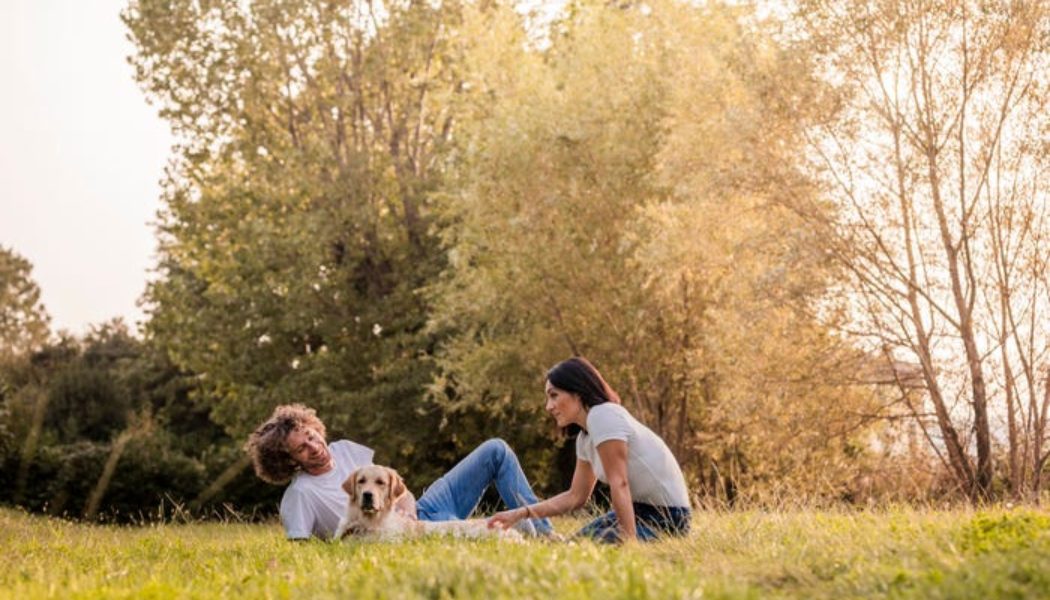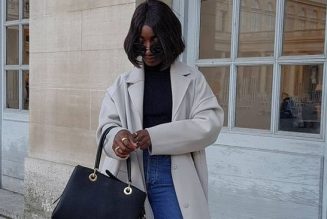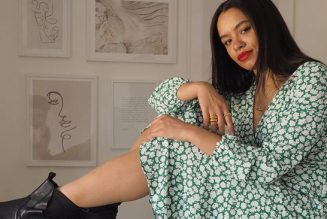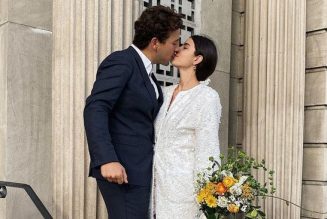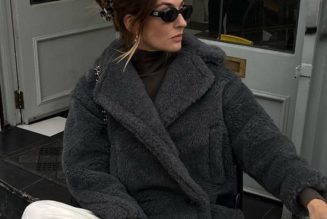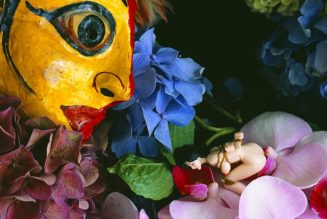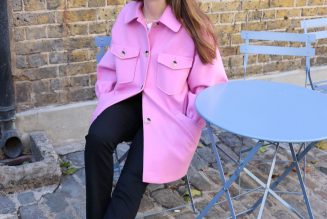Meet a millennial DINK who’s grateful for the flexibility of a childfree lifestyle during a medical crisis
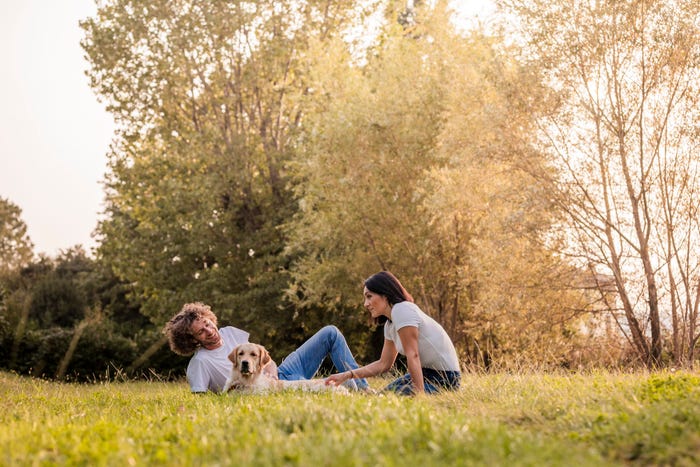
Giacomo Augugliaro/Getty Images
- Bernard, a millennial teacher, is grateful to be a DINKWAD during hard times.
- He and his partner chose a wait-and-see approach to having kids.
- Now dealing with personal hardship, Bernard is grateful a child doesn’t have to deal with it, too.
Bernard is especially grateful to be childfree these days.
The 32-year-old teacher is a DINKWAD — meaning his household is double income, no kids, with a dog. It’s a lifestyle that made sense for him and his partner: It meshed with their active lifestyle while they were figuring out where they wanted to settle down.
When the duo decided they wanted to be DINKWADs, at least for the time being, they had “really frank conversations about the cost of things like day care, and even all the supplies you need for a kid — the pack and play, and the formula, and the diapers,” said Bernard, whose last name is known to BI but withheld over privacy concerns.
They were also considering the pros and cons of bringing kids into a world experiencing war and a climate crisis.
“Do I really want to bring a kid into this environment?” Bernard said. The couple decided to take a wait-and-see approach, especially after watching loved ones have a kid during the thick of the pandemic.
From a financial standpoint, being a DINK has meant flexibility — and the ability to spoil his dog “big time.” If he wants to linger at the dog park, that’s fine. That’s a sentiment that’s been common among the DINKs BI has spoken with: Staying childfree has meant the ability to have greater control over their time, and the flexibility to move around, or take off for a spur-of-the-moment vacation.
For Bernard and his partner, that means being able to allocate more resources to things like better housing, groceries, and furnishing. It also means “just less overall stress and worry from the macroeconomic pressures, which are obviously all around us” — especially as millennials.
“Everything we get is slightly nicer than it would be if we had a kid,” he said.
But being DINKs has also meant a buffer during an unexpectedly difficult time: Over the summer, his partner was diagnosed with leukemia. After that diagnosis, the two of them had the same thought: “We both said wow, we’re really glad we don’t have kids right now.”
They were able to arrange for someone to watch their dogs when needed. While Bernard occasionally has to take his dog to day care, it’s only about $35, he said — as opposed to a couple of hundred dollars for human day care.
“It’s like saving lots of money, a kid versus dog day care, just on a purely financial perspective,” he said. And while there’s been some financial strain because of the situation, it’s “definitely not what it would be if I had a kid during all this, that’s for sure.”
As medical debt weighs on Americans, it could be another reason more and more adults are choosing to forgo kids. Nearly a fifth of households that have one or more children under the age of 18 hold medical debt, while around 13% of households that have no children under the age of 18 have medical debt, according to the Census Bureau’s latest accounting of debt in the US.
“This whole experience has made me honestly more grateful to be a DINK than ever,” Bernard said. While he’d still like to have kids someday, for now, having a dog — and the flexibility of DINKdom — has meant emotional support and bandwidth. Having a child right now would mean having to explain the situation to them, something that would be very hard.
“I cry myself to sleep sometimes, and I’ve got her to cuddle with and she’s this big fluffy dog. I don’t know if I’d be able to do that with a kid,” he said. “I’d be emotionally supporting it and teaching it everything about the world, and the current situation, and it’d be totally different.”
